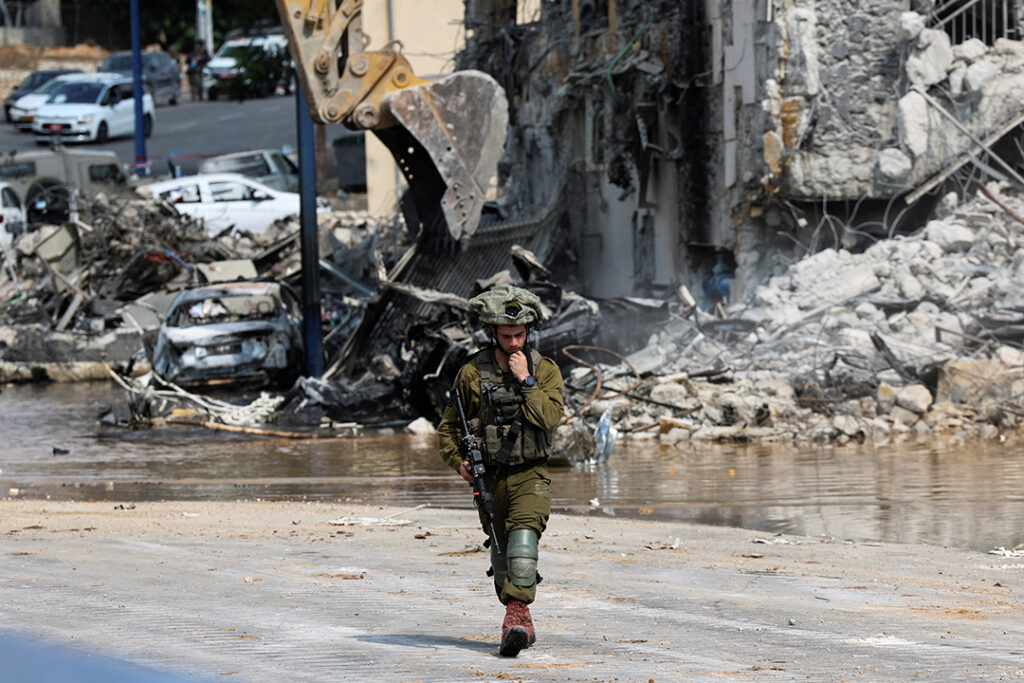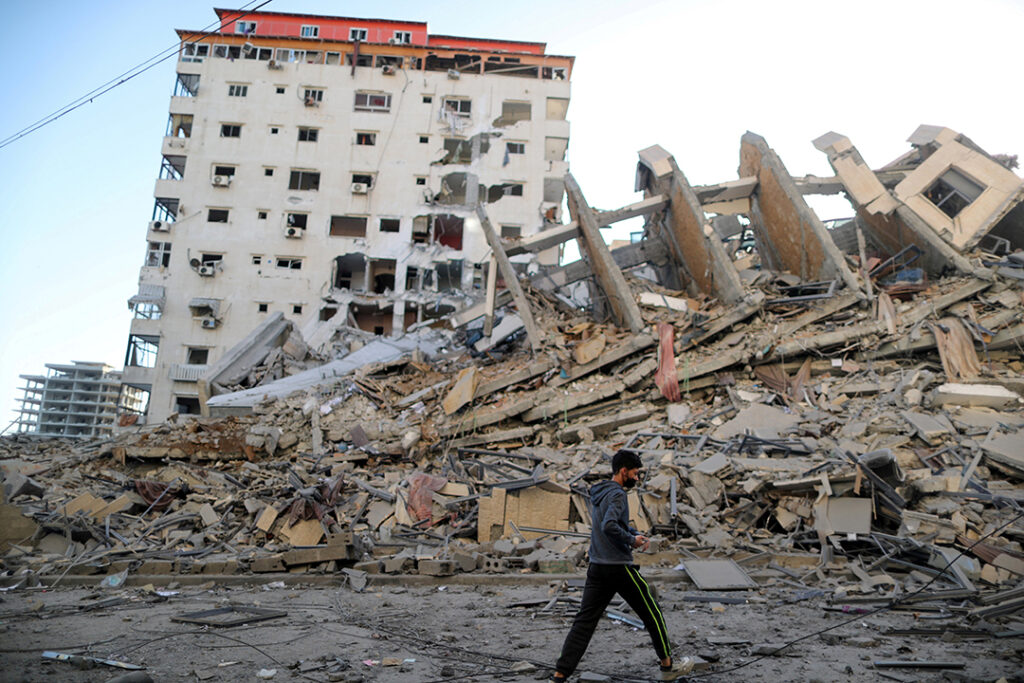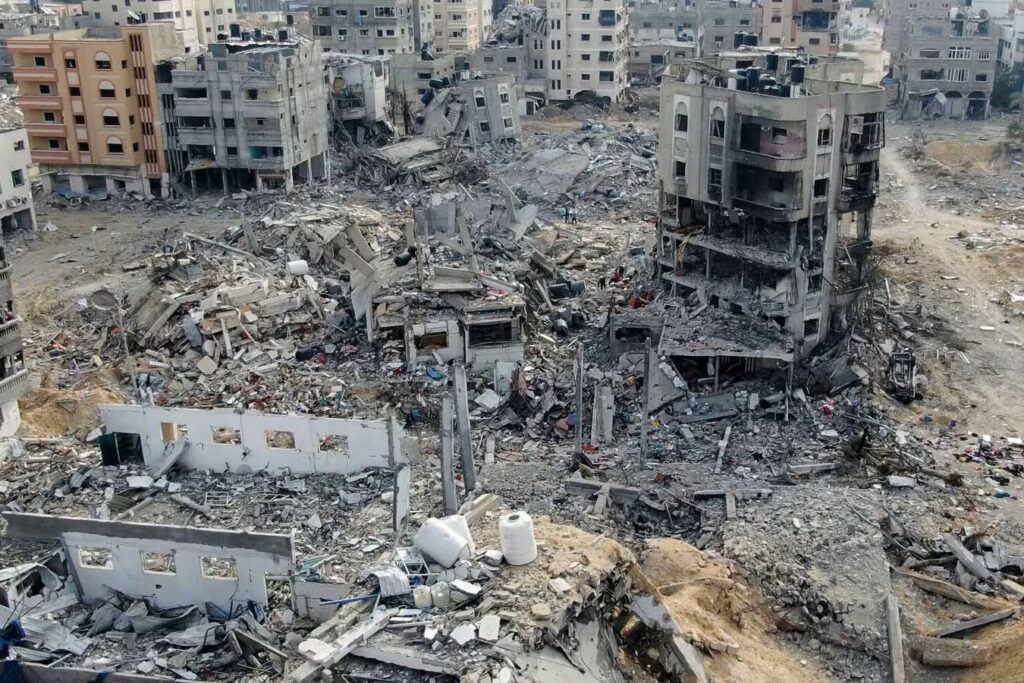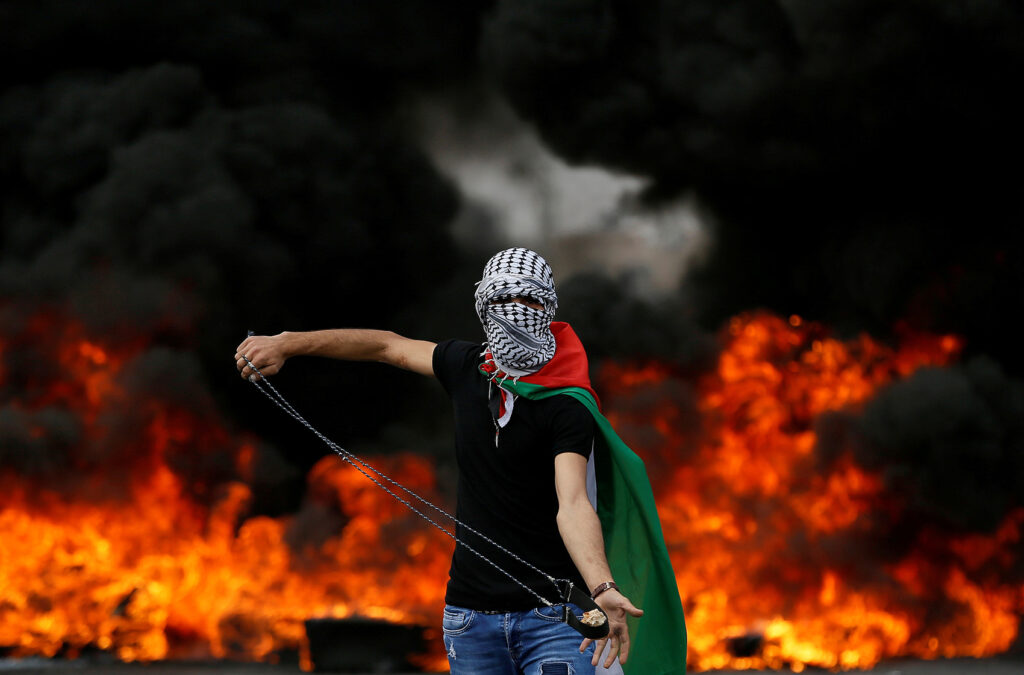Written by Rishav Dutta Goswami {13|10|2024}
The Israel-Palestine Conflict in 2024
The Israel-Palestine conflict has long been one of the world’s most painful and complicated crises, and 2024 has only seen the situation worsen. Civilians on both sides are enduring unimaginable suffering as the violence continues to escalate, and the prospects for peace seem more distant than ever.
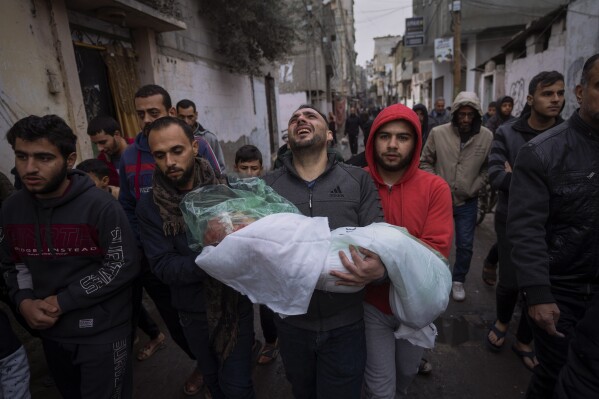
How It All Started: The 2023 Hamas Attack
It was October 2023 when Hamas, the militant group governing Gaza, launched an unexpected and devastating attack on Israel. The death toll was staggering—over 1,300 Israelis killed, with many more taken hostage. It was a moment that not only shattered lives but also destroyed what little hope remained for peace.
Israel’s response was swift and intense, a full-scale military assault on Gaza. By September 2024, nearly 42,000 Palestinians had been killed, including many innocent civilians. The ongoing airstrikes and ground invasions have left Gaza in ruins, its people trapped in what can only be described as a humanitarian catastrophe.
A Growing Humanitarian Crisis
For the more than 2 million people living in Gaza, life has always been difficult under the Israeli blockade, but now it’s unbearable. With food, water, and medical supplies running out, desperation is everywhere. Hospitals are overflowing with the wounded, and aid organizations are making urgent pleas for a ceasefire to allow humanitarian aid to reach the people who need it. But these cries often go unheard.
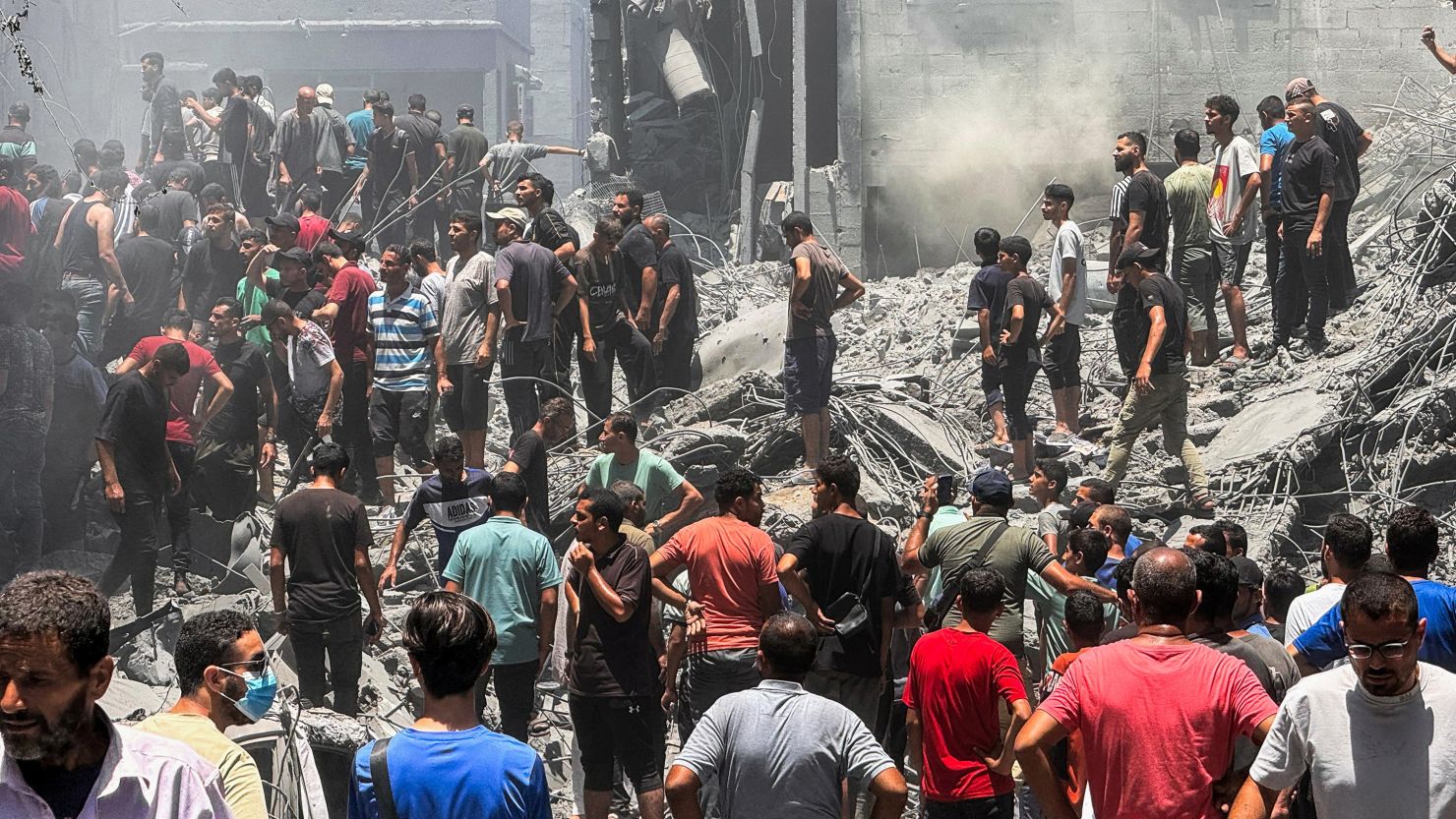
Over a million Palestinians have been forced from their homes, crammed into overcrowded shelters where conditions are deplorable. Israel argues that its military operations are necessary to dismantle Hamas and protect its citizens from further attacks. But the cycle of violence only hardens the positions of both sides, making any kind of resolution feel impossible.
Ripples Across the Region and the World
The conflict isn’t confined to Israel and Palestine—it reverberates throughout the Middle East and beyond. Iran’s support for Hamas has only made tensions worse, stoking fears of a wider conflict in the region. Israeli and Western intelligence agencies have long pointed to Iran as a key player behind Hamas’s military strength, adding yet another layer of complexity to an already volatile situation.
Diplomatically, there have been repeated calls for peace from the international community, including the United Nations and European countries. But both Israel and Hamas remain entrenched in their demands. Hamas insists on major concessions from Israel, while Israel wants Hamas’s military capabilities completely dismantled before any serious negotiations can begin.
The New Age of Warfare: Technology and Psychological Battles
Technology is now a central feature of this war. Israel’s Iron Dome continues to protect its cities from the barrage of rockets fired by Hamas, while Hamas uses tunnels and other covert tactics to strike Israel unexpectedly. Psychological warfare is also in play, with both sides using media and messaging to sway public opinion and demoralize the other.
Israel has intensified its use of drones and cyberattacks, targeting Hamas leaders with precision strikes. This technological aspect adds another layer of complexity to a conflict that already feels overwhelming in its scope and brutality.
What Comes Next?
Looking ahead, the future seems bleak. Despite countless international efforts to broker peace, both sides are deeply entrenched, making compromise look increasingly unlikely. As the violence continues, so does the suffering of civilians—families in Gaza who have lost everything and Israelis living under the constant threat of rockets and kidnappings.
The world watches, hoping for an end to the bloodshed, but knowing that any real solution will require addressing the deeper issues—issues of occupation, of rights, of identity. It’s not just about stopping the violence; it’s about finding a way for both Israelis and Palestinians to coexist with dignity and security.
In Conclusion
The Israel-Palestine conflict is a tragedy that weighs heavily on everyone involved. The recent escalation has pushed both sides to their limits, with innocent lives lost and futures shattered. But even in the darkest times, it’s essential for the international community to keep pushing for dialogue, for understanding, and for peace.
True resolution will come only when we address the root causes of this conflict, and when both sides feel that their fundamental needs and aspirations are being honored. Until then, the cycle of violence will continue, and the cost will only grow heavier.
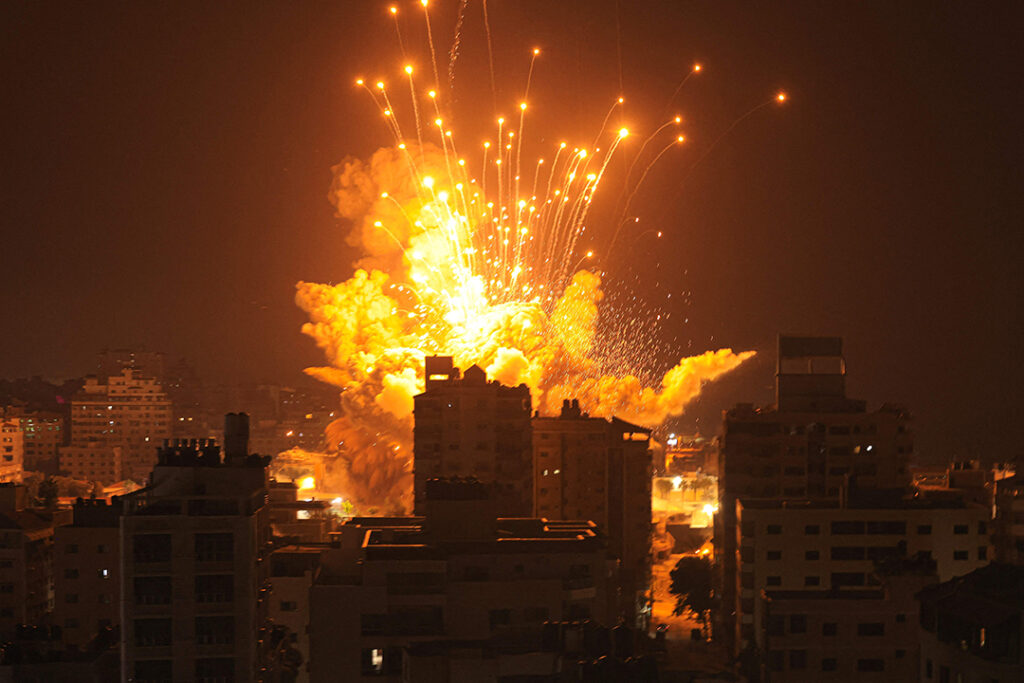
Let’s hope for a day when peace can replace this seemingly endless conflict, and both Israelis and Palestinians can finally live without fear.

